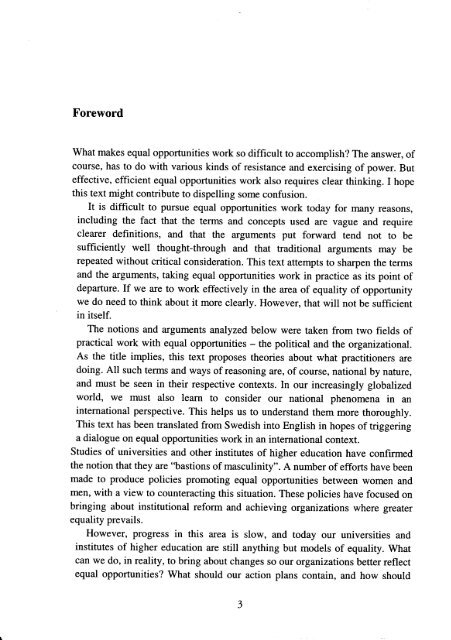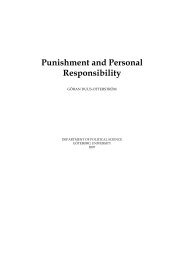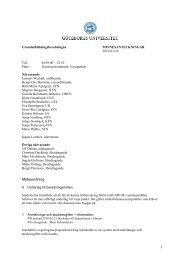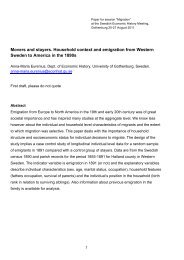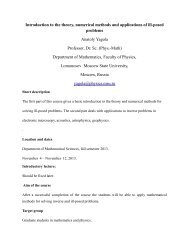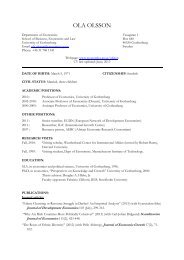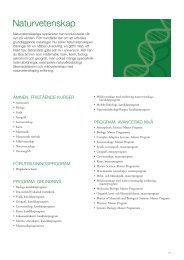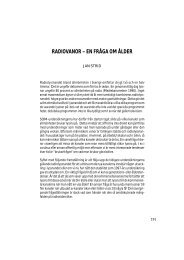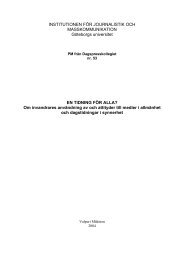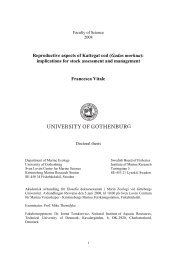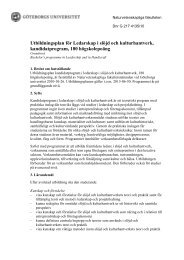Equal Opportunities Work - Theories about Practice
Equal Opportunities Work - Theories about Practice
Equal Opportunities Work - Theories about Practice
Create successful ePaper yourself
Turn your PDF publications into a flip-book with our unique Google optimized e-Paper software.
Foreword<br />
What makes equal opportunities work so difficult to accomplish? The answer, of<br />
course, has to do with various kinds of resistance and exercising of power. But<br />
effective, efficient equal opportunities work also requires clear thinking. I hope<br />
this text might contribute to dispelling some confusion.<br />
It is difficult to pursue equal opportunities work today for many reasons,<br />
including the fact that the terms and concepts used are vague and require<br />
clearer definitions, and that the arguments put forward tend not to be<br />
sufficiently well thought-through and that traditional arguments may be<br />
repeated without critical consideration. This text attempts to sharpen the terms<br />
and the arguments, taking equal opportunities work in practice as its point of<br />
departure. If we are to work effectively in the area of equality of opportunity<br />
we do need to think <strong>about</strong> it more clearly. However, that will not be sufficient<br />
in itself.<br />
The notions and arguments analyzed below were taken from two fields of<br />
practical work with equal opportunities - the political and the organizational.<br />
As the title implies, this text proposes theories <strong>about</strong> what practitioners are<br />
doing. All such terms and ways of reasoning are, of course, national by nature,<br />
and must be seen in their respective contexts. In our increasingly globalized<br />
world, we must also learn to consider our national phenomena in an<br />
international perspective. This helps us to understand them more thoroughly.<br />
This text has been translated from Swedish into English in hopes of triggering<br />
a dialogue on equal opportunities work in an international context.<br />
Studies of universities and other institutes of higher education have confirmed<br />
the notion that they are "bastions of masculinity". A number of efforts have been<br />
made to produce policies promoting equal opportunities between women and<br />
men, with a view to counteracting this situation. These policies have focused on<br />
bringing <strong>about</strong> institutional reform and achieving organizations where greater<br />
equality prevails.<br />
However, progress in this area is slow, and today our universities and<br />
institutes of higher education are still anything but models of equality. What<br />
can we do, in reality, to bring <strong>about</strong> changes so our organizations better reflect<br />
equal opportunities? What should our action plans contain, and how should


